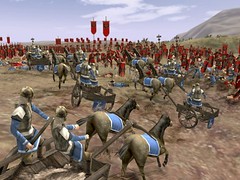Saturday, April 30, 2005
“The last few decades have belonged to a certain kind of person with a certain kind of mind – computer programmers who could crank code, lawyers who could craft contracts, MBAs who could crunch numbers. But the keys to the kingdom are changing hands. The future belongs to a very different kind of person with a very different kind of mind – creators and empathizers, pattern recognizers and meaning makers. These people – artists, inventors, designers, storytellers, caregivers, consolers, big picture thinkers – will now reap society’s richest rewards and share its greatest joys."Creator, empathizer, artist, inventor, designer, big picture thinker: that's my self-image. That's why the counselors at Harvard B-School told me, "You're not like the other MBA students. You're smarter but you think entirely differently." If Dan has this right, little wonder that I had a quarter-century of discomfort in my career until I found my groove five or six years ago -- I was born thirty years ahead of my time.
"We are moving from an economy and society built on the logical, linear, computer-like capabilities of the Information Age to an economy and a society built on the inventive, empathic, big picture capabilities of what’s rising in its place, the Conceptual Age. A Whole New Mind is for anyone who wants to survive and thrive in this emerging world – people uneasy in their careers and dissatisfied with their lives, entrepreneurs and business leaders eager to stay ahead of the next wave, parents who want to equip their children for the future, and the legions of emotionally astute and creatively adroit people whose distinctive abilities the Information Age has often overlooked and undervalued."
What's going to be important in the Conceptual Age?
- Design
- Story
- Orchestration
- Empathy
- Play
- Meaning
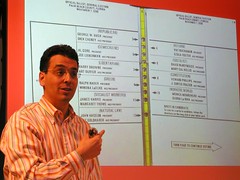
Hanging chad. The Sputnik-level consciousness-raiser: bad design gets the wrong guy elected president. "We all must be designers."
 Dan's daughter inquires about "story," asking why everything at Whole Foods comes from a family farm.
Dan's daughter inquires about "story," asking why everything at Whole Foods comes from a family farm.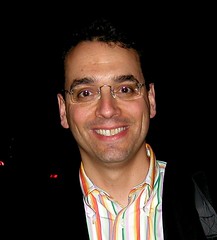 Dan, soon to catch the red-eye back East. I've already Amazon'd my copy of A Whole New Mind.
Dan, soon to catch the red-eye back East. I've already Amazon'd my copy of A Whole New Mind.Hooray for the Right Brain!
Dan's blog.
Revenge of the Right Brain (Wired)







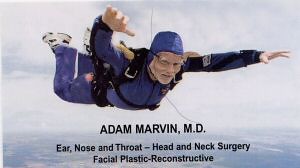

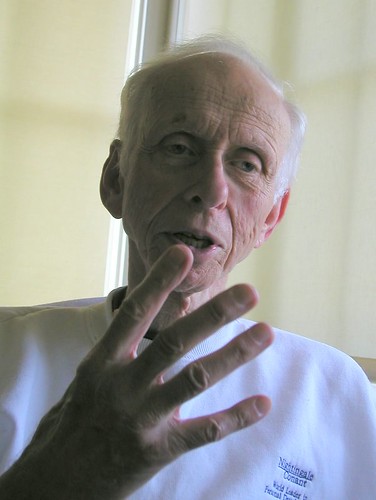


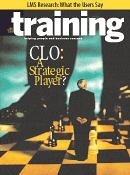
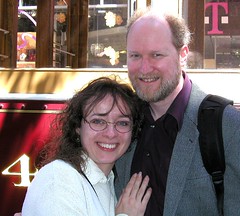

 Remember the scene in Woody Allen's wonderful movie Sleeper, where the scientists in the distant future chuckle about the old days in the twentieth century when people foolishly thought that chocolate, smoking, and junk food were bad for you? This morning's New York Times carried just such a story.
Remember the scene in Woody Allen's wonderful movie Sleeper, where the scientists in the distant future chuckle about the old days in the twentieth century when people foolishly thought that chocolate, smoking, and junk food were bad for you? This morning's New York Times carried just such a story.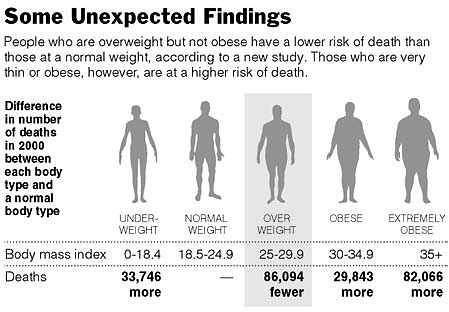




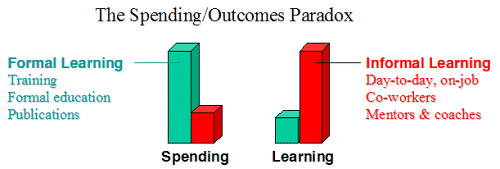
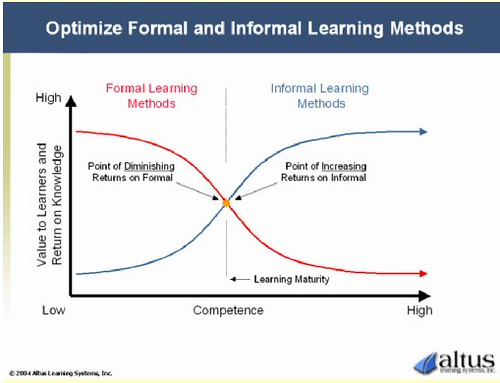
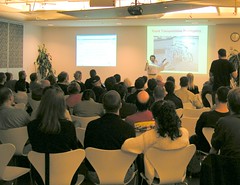
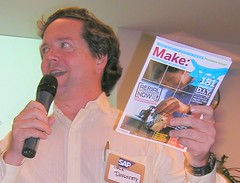
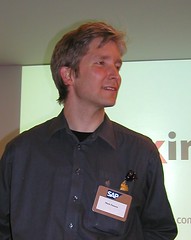 Mark Finnert, the fellow who runs the Bay Area Future Salon.
Mark Finnert, the fellow who runs the Bay Area Future Salon.




 Most blogs have dysfunctional DNA that causes them to throw out anything more than a month old, as if only this month's ideas have merit. I periodically scoop items of lasting value from the blogstream here and pour them into our
Most blogs have dysfunctional DNA that causes them to throw out anything more than a month old, as if only this month's ideas have merit. I periodically scoop items of lasting value from the blogstream here and pour them into our 

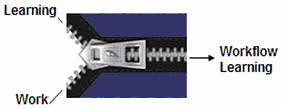


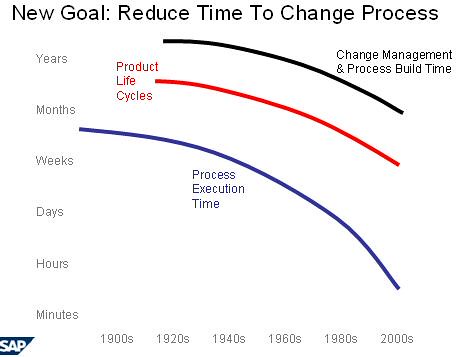


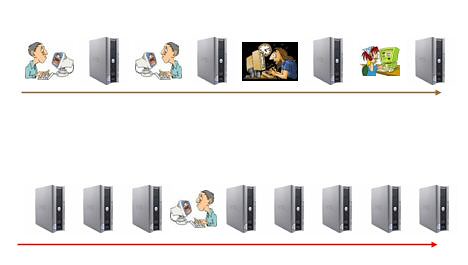

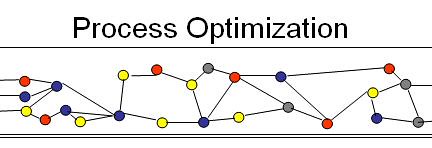
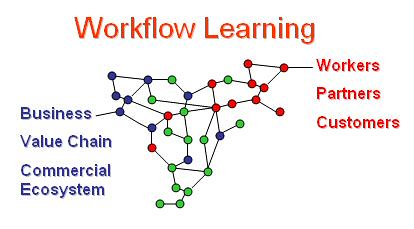


 Last month,
Last month, 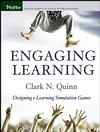 Next month, my pal Clark Quinn's book, Engaging Learning: Designing e-Learning Simulation Games, will hit the stores.
Next month, my pal Clark Quinn's book, Engaging Learning: Designing e-Learning Simulation Games, will hit the stores.  Climbing Albany Hill yesterday, my alternative to cardiac rehab, I listened to an mp3 interview with an MIT professor lamenting the ignorance of gaming in the popular press (games generate as much revenue as movies). He said kids' number one complaint about homework was that it was too hard; their number one complaint about games is that they're too easy.
Climbing Albany Hill yesterday, my alternative to cardiac rehab, I listened to an mp3 interview with an MIT professor lamenting the ignorance of gaming in the popular press (games generate as much revenue as movies). He said kids' number one complaint about homework was that it was too hard; their number one complaint about games is that they're too easy.